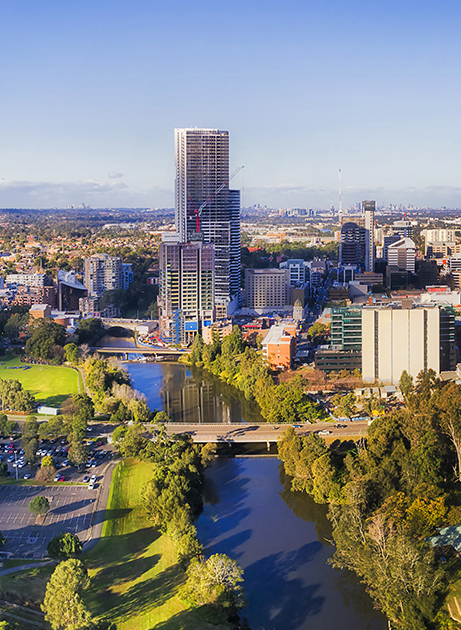Overview
The Delta outbreak had a significant impact on the Government’s fiscal outlook, although this is largely contained to 2021-22. The 2021-22 Half-Yearly Review projects a budget deficit of $19.5 billion in 2021-22, which represents a $10.9 billion deterioration since the 2021-22 Budget.
This projection is driven by $18.2 billion in additional expenses, of which $13.7 billion is economic and social support funding provided in response to the Delta outbreak, including the JobSaver payment and $1.3 billion in 2021-22 as part of the $2.8 billion Economic Recovery Strategy. This has been offset somewhat by a $7.3 billion increase in State revenues, due to higher transfer duty, mining royalties, GST revenue and the Commonwealth contribution to JobSaver.
The Government’s long history of strong financial management enabled extensive policy support, while maintaining the Government’s record infrastructure program. As a result, the Government remains on track to achieve its key targets for fiscal recovery, including a return to a budget surplus in 2024-25 of $449 million.
The Government has also set aside $7 billion to invest in productivity reforms and as a COVID-19 contingency.



